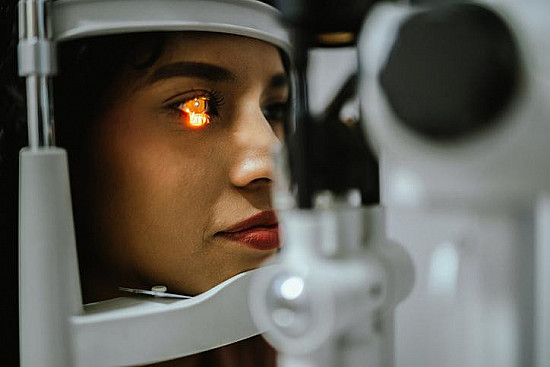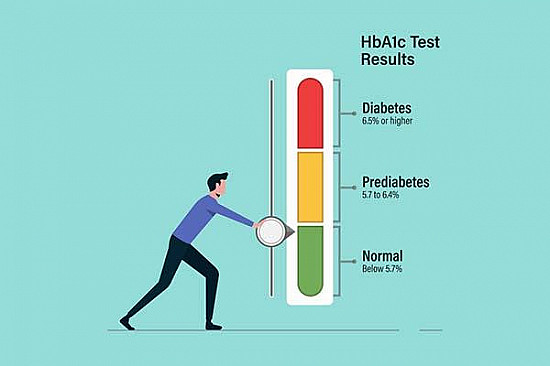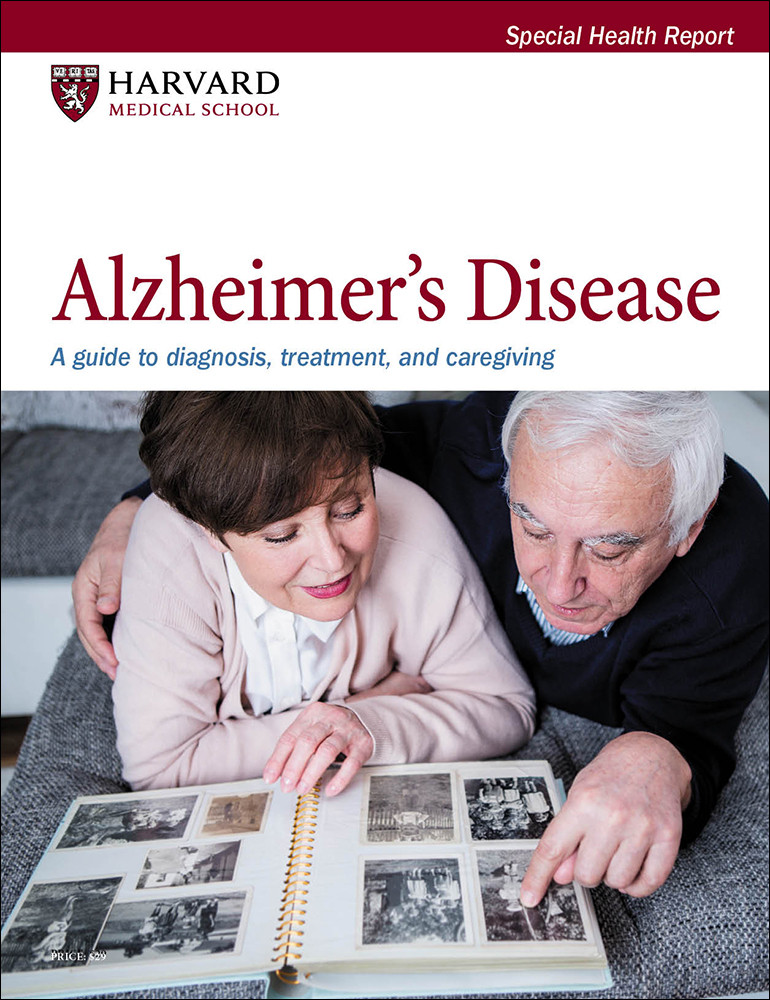Is a reliable blood test for Alzheimer's disease finally here?
Ask the doctor
 Q.
Is it true that a reliable blood test for Alzheimer's disease is finally here?
Q.
Is it true that a reliable blood test for Alzheimer's disease is finally here?
A. Yes, but not the blood test we need the most. Let me explain. What is finally here is a blood test to help diagnose Alzheimer's disease in people who already are having significant cognitive difficulties. About a third of cases of dementia in the United States have another cause, so we need to distinguish Alzheimer's disease from the other causes. An encouraging study published July 2024 in JAMA found that a simple blood test detecting elevated blood levels of proteins that characterize Alzheimer's disease was quite accurate in diagnosing the condition. Armed with the results of the blood test, doctors became more accurate in their diagnoses.
That's real progress, but it's not the test we need the most. Alzheimer's disease takes decades to develop. During that time it is silent, producing no cognitive symptoms. Scientists are trying to develop blood tests to accurately spot the developing disease long before it affects thinking, but such tests are not here yet.
The Holy Grail is a combination of two things: a blood test that accurately identifies people who are in the earliest stages of developing Alzheimer's disease, and a treatment that — when given to such people — stops the disease in its tracks, long before it impairs thinking. We're not there yet. Many scientists believe that starting treatment during its early, silent stages could prevent the disease from ever affecting a person's ability to think. But that remains to be proved.
In the past 30 years, we have developed ways of detecting the disease during its silent early stages. Brain scans can detect the buildup of Alzheimer's-related proteins, but these scans are very expensive, some involve exposing a person to radiation, and they can be frightening for people who have claustrophobia (fear of being in confined spaces). We also can measure Alzheimer's-related proteins in spinal fluid — a clear fluid that circulates around the brain and spinal cord. But this requires a spinal tap, which can be an uncomfortable experience.
This may seem discouraging, but it should not be. I take a long view. When I was in medical school, we had little idea of what caused Alzheimer's disease. There was no way of diagnosing the disease except by doing an autopsy: that's too late. And we had no good treatments. In other words, we were nowhere with this terrible disease.
Today we have identified several causes (although I'll bet more discoveries are to come), we have a simple blood diagnostic test, and we have treatments that are somewhat effective. When will we achieve the Holy Grail? That's hard to predict, but the progress over the past 20 years makes me cautiously optimistic.
Image: © Westend61/Getty Images
About the Author

Anthony L. Komaroff, MD, Editor in Chief, Harvard Health Letter; Editorial Advisory Board Member, Harvard Health Publishing
Disclaimer:
As a service to our readers, Harvard Health Publishing provides access to our library of archived content. Please note the date of last review or update on all articles.
No content on this site, regardless of date, should ever be used as a substitute for direct medical advice from your doctor or other qualified clinician.
















